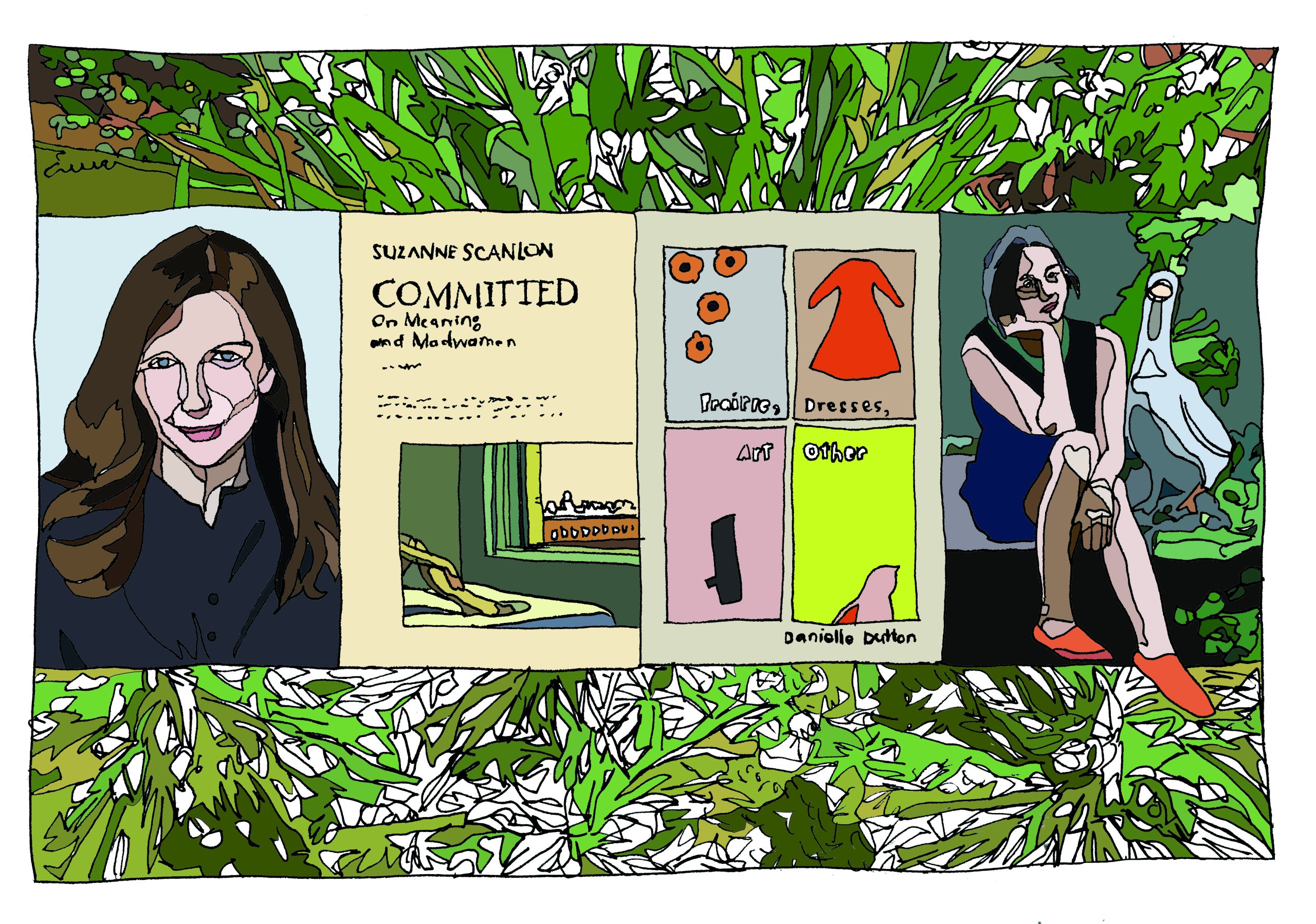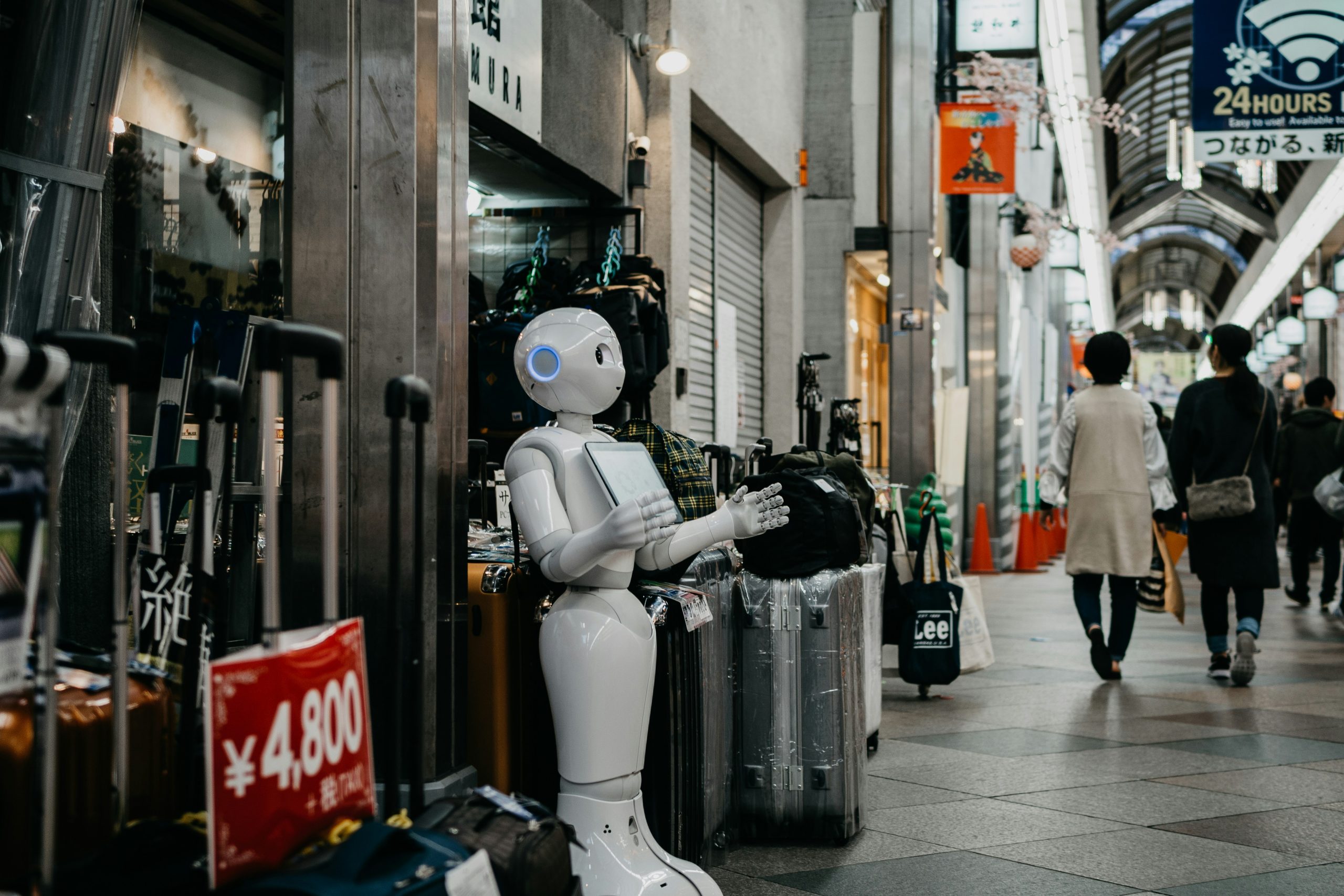The Commuter
FICTION: Bisbee by Chris Offutt

FICTION: Bisbee by Chris Offutt
Lucy had been raised to hold grudges forever, but long ago realized it required more effort than she cared to exert. She remembered the very moment when she’d suddenly understood that forgiveness had nothing to do with an adversary, but would benefit solely herself. Her entire world-view had shifted, like discovering her house contained a new room full of light, a chamber she wanted to occupy forever.
Ten months before, Lucy had moved to Bisbee and found work in a breakfast café, having become the very person she feared most — a woman in a shapeless uniform serving eggs to working men, the oldest waitress in the place, alone and not wanting to be, living in a dump and drinking herself to sleep. She was not yet forty. She thought she should know better and felt worse for it.
An eighteen-year-old girl, Sheena Houston, joined the breakfast crew. Lucy envied her youth and vitality, the cheery optimism, her slim hips twitching among the tables. Lucy had been the same as Sheena twenty years ago in another town and had progressed nowhere. Worse, Sheena actively sought Lucy’s attention, craving approval, trailing behind her like a pup who’d been kicked but never with sufficient severity.
During the mid-morning lull before lunch, their side-work included marrying half-empty ketchup bottles, refilling salt and pepper shakers, topping off the sugar containers. Sheena chattered about inconsequential subjects, a running narrative of what lay immediately before her, a commentary on the obvious. Occasionally she tested safe opinions. She laughed readily. The boss liked her and the cooks strove to conceal her errors. In another context, Lucy might have found her adorable — slight and needy in old loafers — but Lucy was reminded of all that she herself had lost: everyone she’d ever loved, a familiar landscape, the security of deep belonging, but most of all the naiveté of seeing life as fraught with promise.
For two weeks the girl had gotten on Lucy’s nerves. Fed up, her voice hard, Lucy finally said, “Get away from me. I’m your co-worker not your friend.” Sheena’s face turned red as if she’d been slapped. Her eyes, formerly as brimful of hope as an egg is of yolk, filled with tears. She hurried to the kitchen and Lucy ignored her during the rest of the shift, grateful for the greater efficiency of working alone. She counted her tips at the formica breakfast bar, cashed her change into folding money, and left.
The incessant sunlight pressed against Lucy as if she’d stepped into the sea. Though mid-September, there was little autumn to behold. In the parking lot Sheena was leaning against Lucy’s car, her face downcast.
“Why do you hate me?” Sheena said. “I only want to be like you.”
Lucy’s knees seemed to give, as if the struts that held her upright had become elastic. Her polyester uniform clung to her skin, smelling of bacon, stained along the perimeter of her apron. She was tired. Perspiration sheened her face. This was the girl’s hometown. She no doubt wanted out, same as Lucy wanted out of her own. It had never occurred to Lucy that seeing her young self in Sheena was a two-way enterprise. Sheena’s life must feel drastic for Lucy’s to appear worthy of emulation.
The unforeseen arrival of forgiveness relieved Lucy of a burden she didn’t know she carried, an invisible shawl of stone, grudges she’d always held against herself. She had no enemies, carried no buried slights. Not that she hadn’t felt the burning iron of betrayal many times — lied to, taken advantage of, abandoned — left alone awash in the numb opacity of loss. But she had done her share of hurting people, too. It all worked out in the end. The balance of life was achieved by weighted extremes. She had no appetite for moderation, no patience for people who did.
With the stunning clarity of sunup after a fierce storm, Lucy realized that her life wasn’t a case of failing to learn from her mistakes, but preferring to repeat the patterns again and again. Waitress shoes, a narrow bed, a damaged man. A cheap suitcase and a new town. She wanted to warn the girl, to give advice Lucy had never received: don’t let them hit you, don’t drink on an empty stomach, don’t cry alone. But Lucy knew it wouldn’t have done her any good to hear it, any more than it would for Sheena.
Only two things ever helped in life. Any love Lucy could muster was reserved for the next reckless man, not this waif weeping in the harsh light. She offered the day’s tip money.
“You’re wrong,” Lucy said. “I don’t hate you.”
Sheena started to speak then didn’t. She took the money.
“You hate this town,” Lucy said. “Get out before you hate yourself.”
She got in her car and drove past a fancy community of large bland buildings and raised expanses of grass, irrigated at night. The grass didn’t actually grow, but had been unfurled from trucks and pressed into place. Few people trod upon the slim shards of yard. A mile farther she entered her own neighborhood of strip malls and pawnshops, cement and asphalt, used car lots and yards of dirt. The bus stops lacked shade.
Lucy parked and climbed an exterior staircase composed of pre-made concrete to her one-room apartment. She removed her greasy waitress smock and cursed herself for the day’s work with nothing to show. What kind of life was she leading? What kind of name was Sheena?
The last time she lived in a house, she’d gotten mixed up with a man who’d spent three years hand-building a stone enclosure of water for Koi fish. Swelled as a pup with pride, he’d shown her his project, which Lucy considered a lot of work simply to maintain overgrown carp. In the afternoons they drank beside the pool. He liked to talk and she didn’t like to be alone. He fired a BB pistol at neighborhood cats attempting to prey on his fish. Lucy asked him to stop and he set booby traps instead. One trap caught a gopher, which in turn drew a coyote that ate all his precious Koi. He blamed Lucy. She quit living in houses. Now she was alone after all.
She poured vodka and drank it in her underwear, facing a fan. The AC was a window unit that didn’t actually cool the air, just barely cut the heat and blew desert dust that made her sneeze. After two drinks she laughed at herself — she’d moved from saving cats to giving her money away. She closed her eyes. A while later she awoke disoriented from a dream she’d had consistently since childhood — lost in a vast house, wandering long halls, opening doors and encountering people she’d met in different places. Now they were quite friendly with each other, never acknowledging her as she sought an exit, ignored her as if she was a ghost. She began running a long hall, trying to ward away the awareness that something serious was amiss.
Lucy sat in the chair, blinking herself fully awake until the imagery faded. Each time she had the dream, the house was bigger, as if her continued existence furthered its renovation. After a shower she ate leftover food from the refrigerator. She packed her clothes, loaded the car, and left. She’d try California next. Each time she began a new life she momentarily wished she had a pistol, a small one. She didn’t know why. She supposed it was about confidence and fear. If she’d bought one, she’d have pawned it by now. Someone else would own it, and no telling what they’d do with it, who they’d shoot, maybe Sheena. Lucy hoped she got out before someone did. It could happen easily. Anything could.
“Bisbee” originally appeared in Okey-Panky, a weekly magazine of Electric Literature.








